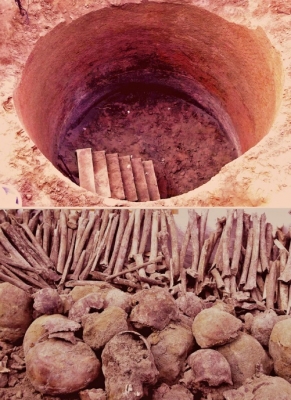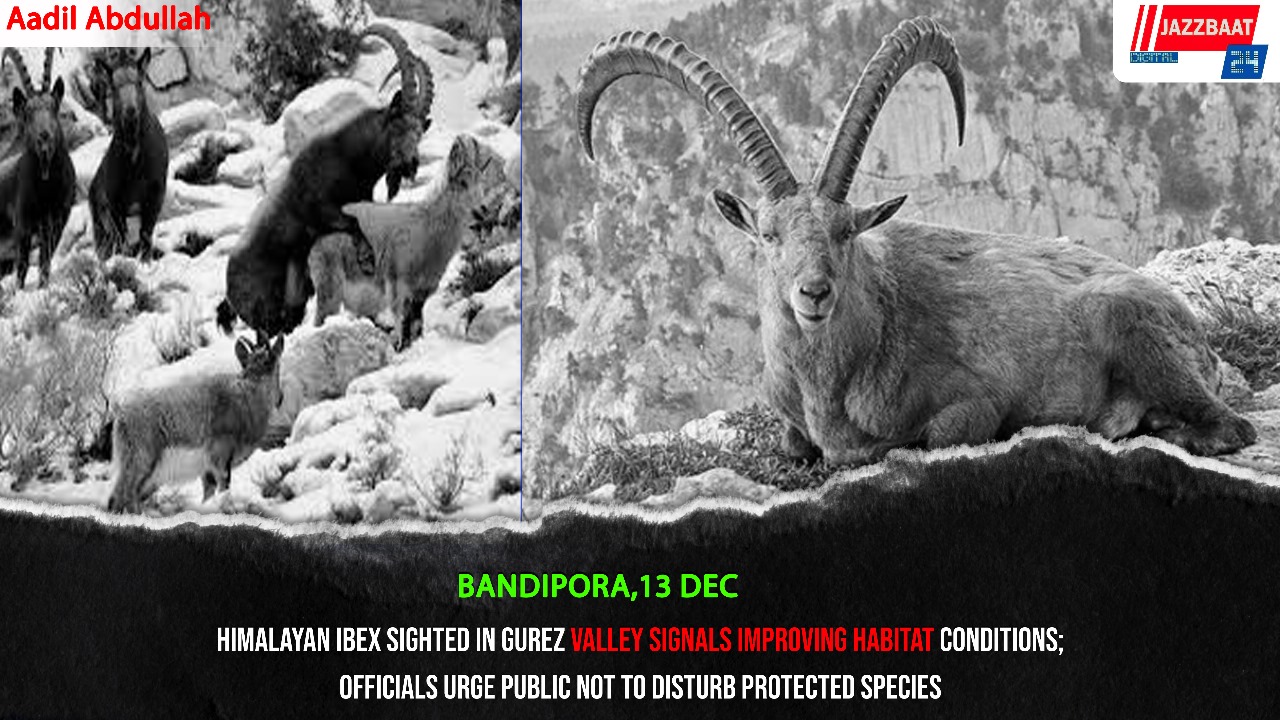Human skeletons found in Ajnala town of Punjab eight years ago belonged to residents of the Gangetic plain region, killed in 1857, according to a study.
Dr J.S. Sehrawat, anthropologist from Panjab University, collaborated with the Centre for Cellular and Molecular Biology (CCMB) Hyderabad, the Birbal Sahni Institute, Lucknow, and the Banaras Hindu University (BHU) to establish the roots of these martyrs using DNA and isotope analyses.
The study was published on April 28 in journal 'Frontiers in Genetics'. Researchers have used 50 samples for DNA analysis and 85 specimens for isotope analysis.
A large number of human skeletons were excavated from an old well in Ajnala town in early 2014. Some historians believe that these skeletons belong to the people who were killed in riots during the Partition of India and Pakistan. The other prevailing belief, based on various historical sources, is that these are skeletons of the Indian soldiers killed by the British during the 1857 revolt. However, the identity and the geographic origins of these human remains have been under intense debate due to lack of scientific evidence.
"DNA analysis helps understanding ancestry of people, and isotope analysis sheds light on food habits. Both the research methods supported that the human skeletons found in the well were not of people living in Punjab or Pakistan. Rather, DNA sequences matched with the people from UP, Bihar, and West Bengal," said Dr K. Thangaraj, Chief Scientist, CCMB, Director, Centre for DNA Fingerprinting and Diagnostics, Hyderabad, and a senior member of this team.
The results from this research are consistent with the historical evidence that the 26th Native Bengal Infantry Battalion consisted of people from the eastern part of Bengal, Odisha, Bihar and Uttar Pradesh," stated Dr Sehrawat, the first author of this study.
As per historical records, soldiers from this battalion were posted at Mian-Mir, (now in Pakistan) and killed British officers in a revolt. They were captured by the British army near Ajnala and executed.
Dr Niraj Rai, the lead researcher of this team and expert on ancient DNA, said that scientific research done by this team helps look at history from a more evidence-based way.
Prof Gyaneshwer Chaubey, Department of Zoology, BHU, who played a crucial role in the DNA study, stressed that the findings of this study would add a significant chapter in the history of the unsung heroes of India's first freedom struggle.
"Ancient DNA study is a powerful tool not only to understand our past and also help us in understanding historical perspective. He further said that CCMB plans to take up a large-scale ancient DNA study, which would unravel several historical and pre-historical facts," said Dr Vinay Nandicoori, Director, CCMB.





